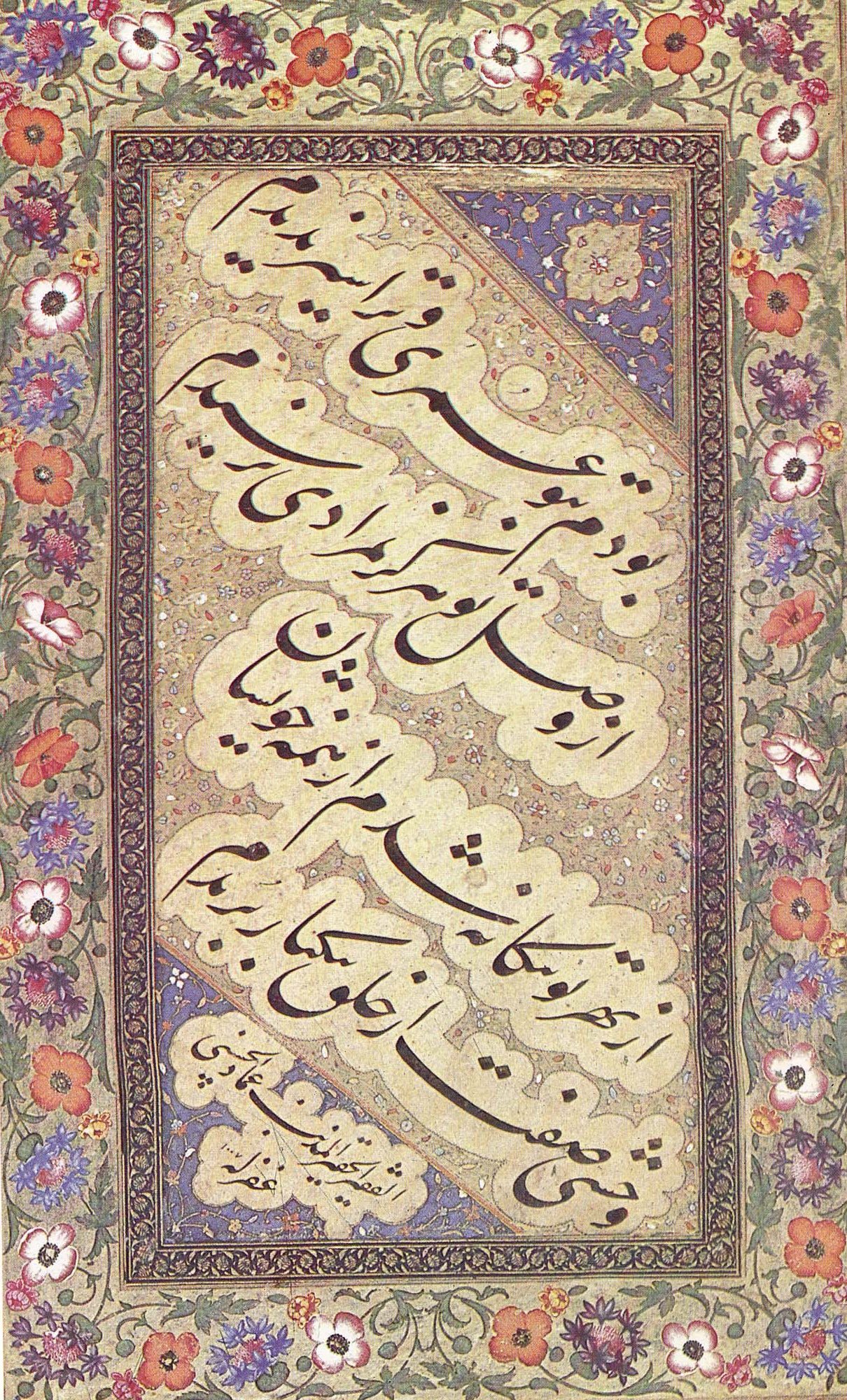Persian Literature and Educating the Whole Person
April 11, 2016

Fatemeh Keshavarz on why "seeking questions is more important than finding answers."
By Fatemeh Keshavarz | Humanities Futures
"In the simplest sense, white papers are about finding solutions. Fortunately, there is nothing simple or predictable in the constellation of the academic disciplines that study human cultures and call themselves the Humanities. In the Middle Ages, the term contrasted with divinity and referred to what is now called classics, the main area of secular study in universities and centers of learning. That distinction is no longer primary, and the content of the Humanities has evolved in depth and scope. To even define its fields and subfields is an adventure in itself. A combination of this complexity, and a vague suspicion that skills placed under the Humanities umbrella are not going to get one far in life, has led to a hazardous condition, a new HDD: "Humanities Deficit Disorder." In acute cases, it leads to an inability to read and write, and an absence of plain old-fashioned enjoyment of primary sources or traditional arts such as memorization and recitation of poetry, reading philosophy, or practicing calligraphy. In all instances, it leaves almost no space for time-honored human practices that defy a speedy search for results and encourage in-depth learning and contemplation."
Read the complete article by Fatemeh Keshavarz, Director of the Roshan Institute for Persian Studies, in Humanities Futures.
Photo via Wikimedia Commons/Humanities Futures

